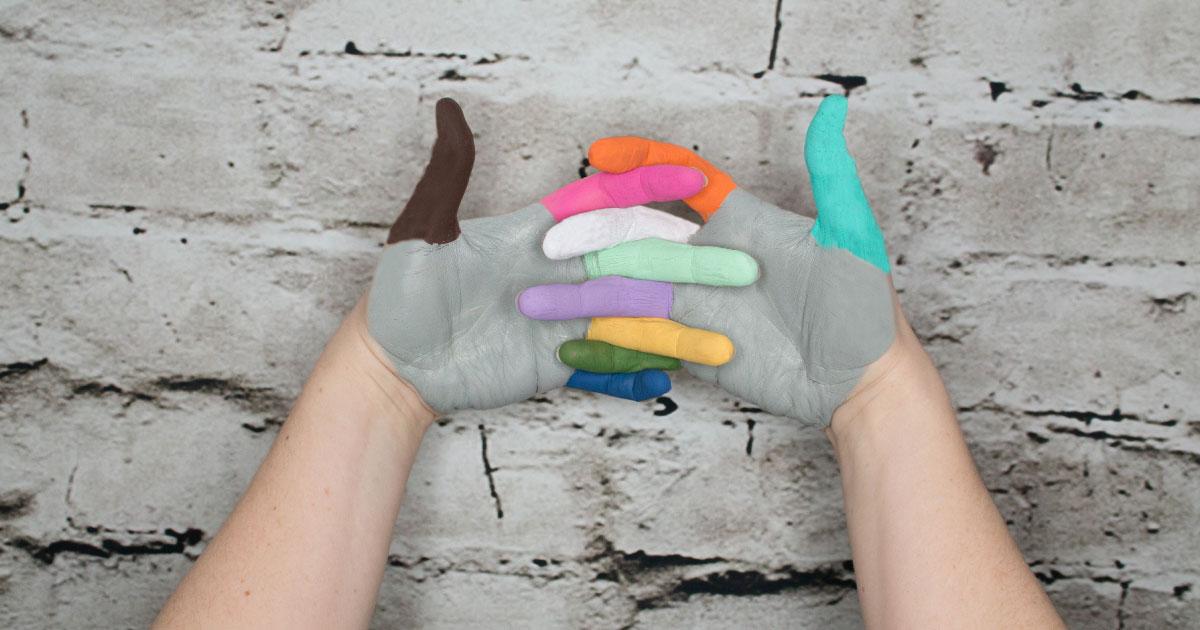Producing welcoming environments that embrace all people is not only a humane imperative; evidence shows that organizations actual show business value and grow profits when they send positive messages to audiences and offer support for all the ways in which people differ.
Valerie Grillo, CDO of American Express, explains its commitment to inclusion as “...not just because it's the right thing to do, but frankly, because our business leaders believe that a focus on diversity is actually going to help us with the bottom line” (Forbes, 2015). Indeed, an active and genuine commitment to inclusion makes sound economic sense.
Research shows that diversity increases creativity and innovation, promotes high quality decisions and enhances economic growth. And 2015 McKinsey research on 366 public companies found that those in the top quartile for ethnic and racial diversity in management were 35 percent more likely to have financial returns above industry mean; gender diversity demonstrated a 15 percent prospect of enhanced return.
Related Certificate Course: Inclusive Event Strategist
As you look to expand your knowledge of inclusion as it comes to the meetings and events you design and host, consider these elements and how they impact your participant experience.1
Diversity: The composition of a group of people from any number of demographic backgrounds, identities and the collective strength of their experiences, beliefs, values, skills and perspectives
Inclusion: The act of establishing philosophies, policies, practices and procedures to ensure equal access to opportunities and resources to support individuals in contributing to organizational success
Cultural Competence: The act of working collaboratively with, and learning from, groups of people from different cultures while developing knowledge, understanding and appreciation for different histories, world views, traditions and cultural practices
Conclusion
Inclusion creates infrastructure for allowing the diversity within organizations to not only exist but thrive in a manner that enhances innovation and problem solving. Inclusive organizations are diverse at all levels, and the meetings and events you design and host play a key role in showcasing and sharing this care with your participants—and the world.
1 ASAE. 2015. Diversity + Inclusion Strategic Plan 2015-2017. ASAE: Washington D.C.



